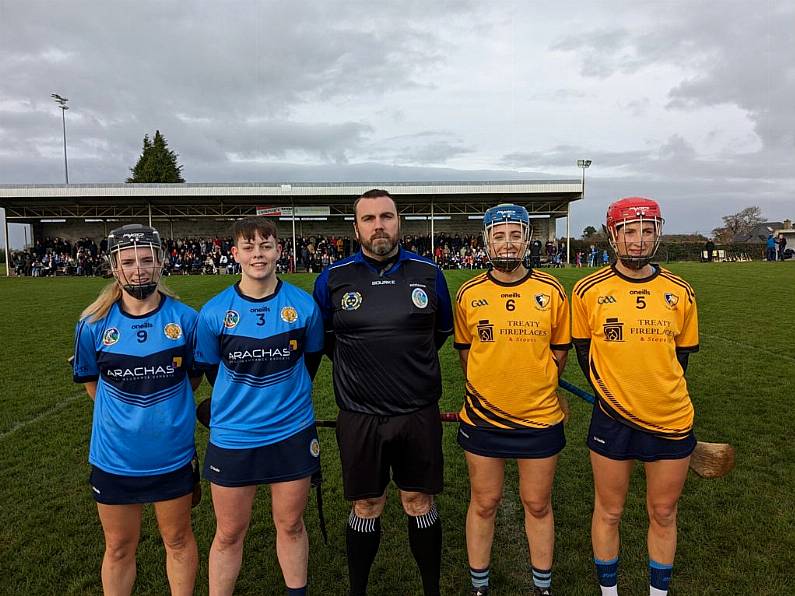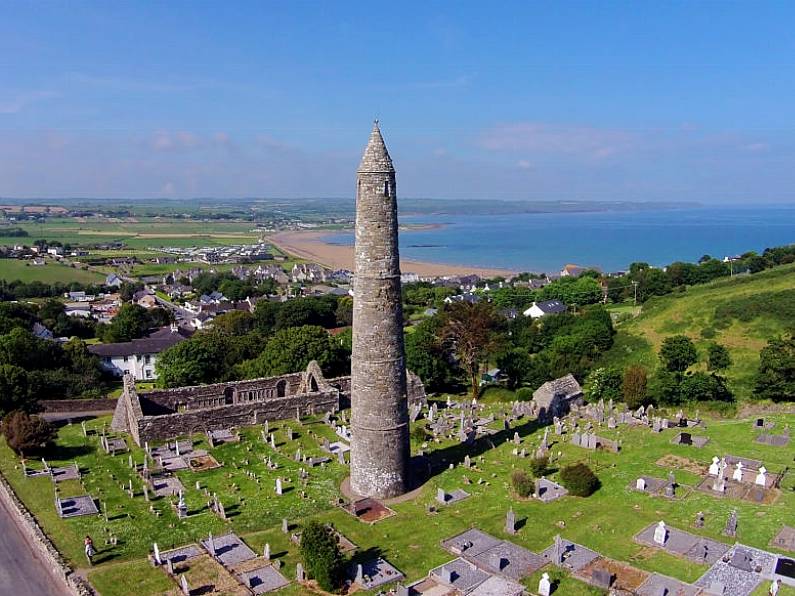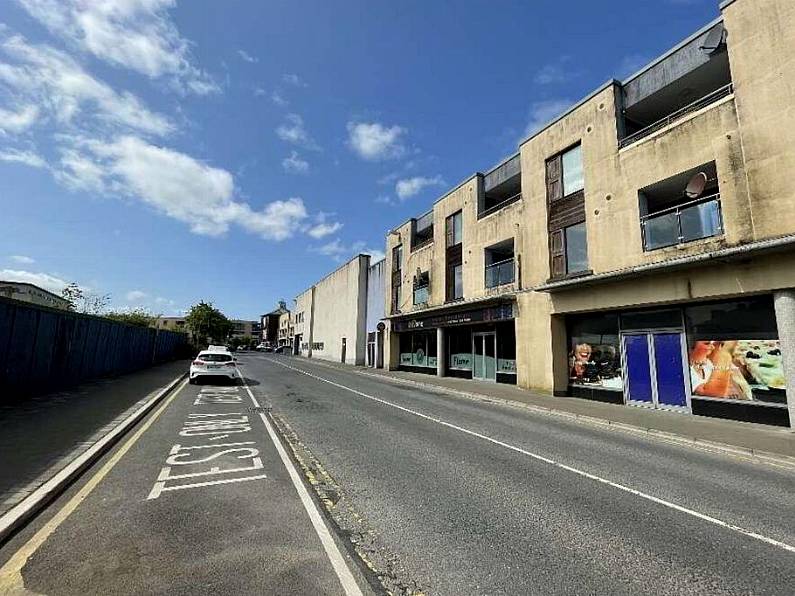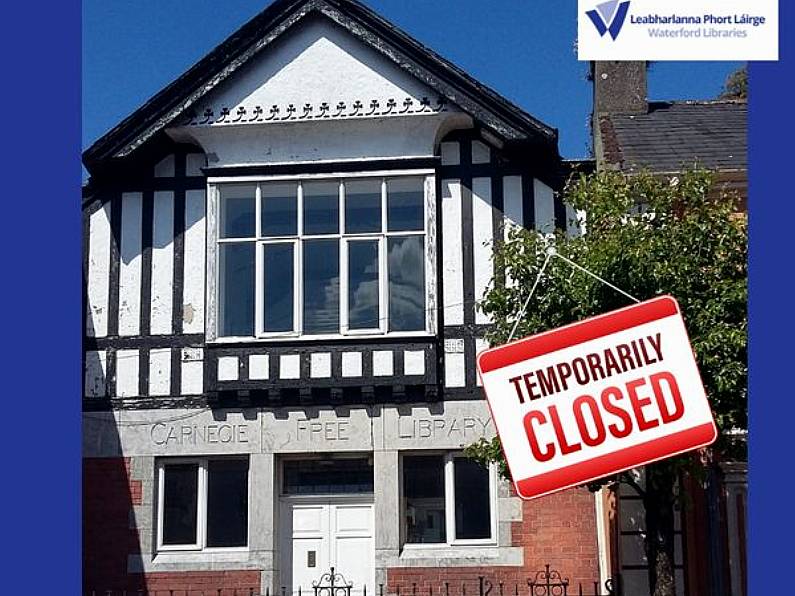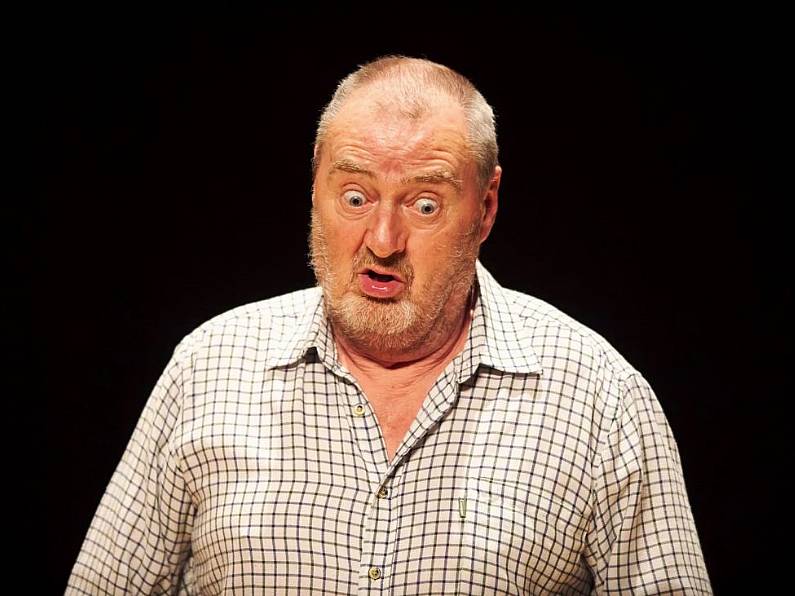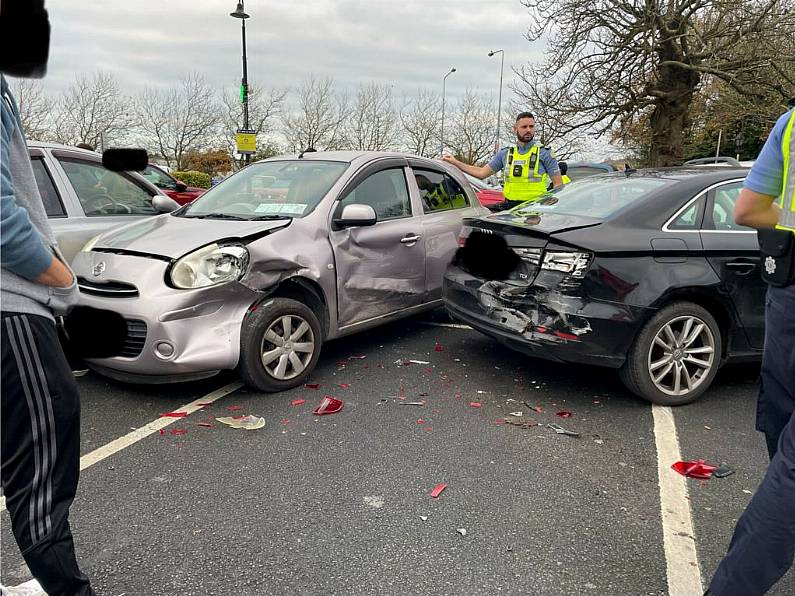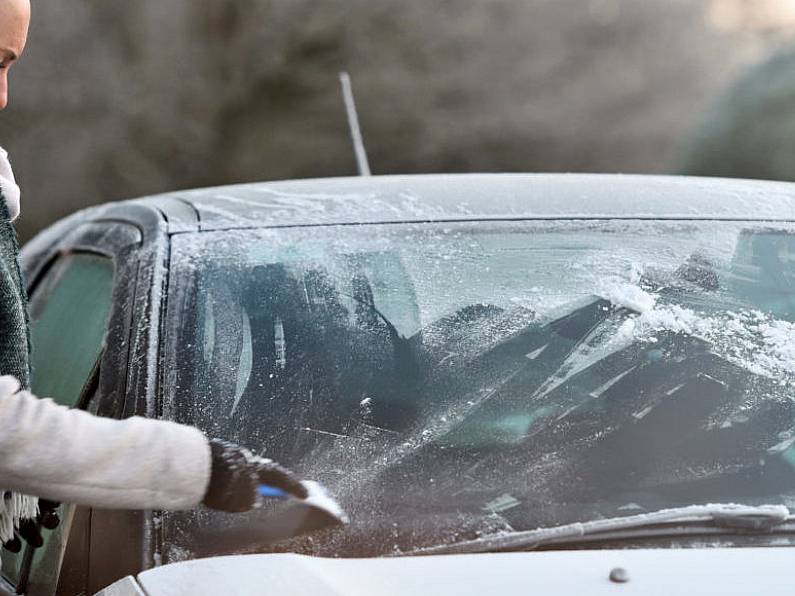By Rebecca Black, PA
Updated at 9am
There has been a call to reintroduce public health measures amid a “chaotic situation” in Irish hospitals.
There were almost 40,000 cases of Covid-19 reported on Monday, from the previous three days.
There were 1,624 Covid-19 patients in hospital, with 54 in intensive care.
The Emergency Department Taskforce, which includes representatives of hospital groups, the Department of Health, patient advocates, staff bodies and the HSE, met on Monday to discuss pressures on emergency services.
A letter requesting the reintroduction of public health measures was to be sent to Minister for Health Stephen Donnelly and chief medical officer Dr Tony Holohan on Monday evening.
The request includes the reintroduction of compulsory mask wearing.
Decision for Government
The HSE’s chief clinical officer Dr Colm Henry has said that it was up to the Government to make a decision about mandatory mask wearing, but that the public already knew wearing masks was the right thing to do.
Speaking on both Newstalk Breakfast and RTÉ radio’s Morning Ireland Dr Henry called on people to wear masks in public settings especially on public transport. They were not just protecting themselves, but also other people.
Just because mask wearing was no longer mandatory did not mean that people should not do it. The public did not need a body such as Nphet “to tell us the right thing to do”, they already knew, he said.
There needed to be greater compliance about the wearing of masks. “The pandemic has not gone away.”
Dr Henry pointed out that the vaccination programme had provided a level of protection against the highly contagious BA2 variant. If the current number of cases had been reported a year ago the level of serious illness and fatalities would be much higher.
“The system would have keeled over,” he said.
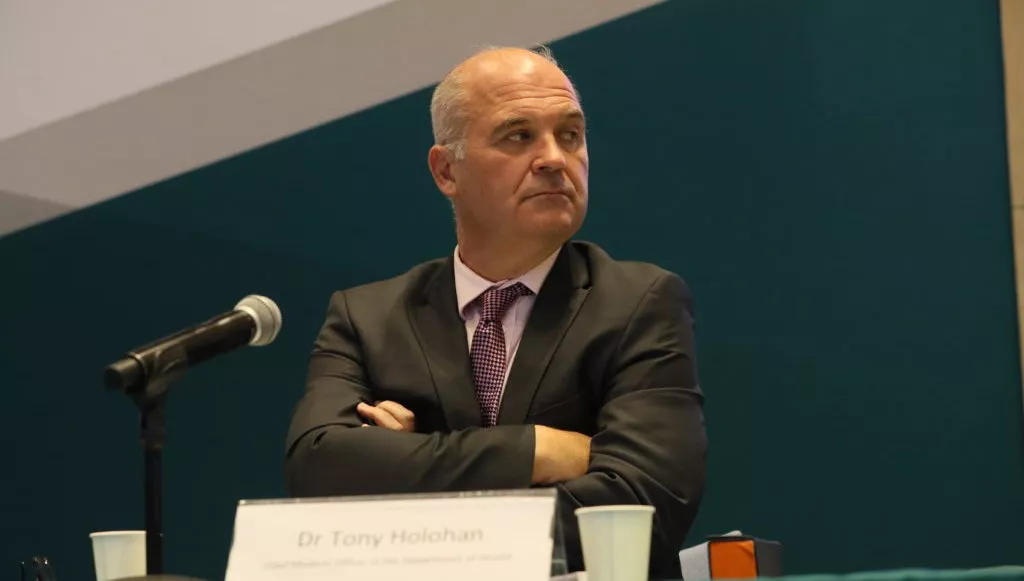
In January 2021 there had been 1,500 deaths from Covid, last month there were 170, he said. The unvaccinated were still disproportionate in terms of hospitalisation and half of those in critical care had not received their booster vaccine.
The high level of Covid cases was having a significant impact on the health system, he said, with 6,000 healthcare staff absent from work because of the virus.
Responding to a report that the number of daily cases in hospital could rise to 2,200 in the next 10 days, Dr Henry said it was very difficult to say as the BA2 variant was very transmissible and contagious.
Thanks to the vaccine the symptoms being experienced were less severe, but the number of cases was still impacting the flow of patients through hospitals and their discharge to care settings. Hospitals were experiencing “considerable disruption”.
The HSE never takes things for granted, he said. After two years it was used to dealing with the virus, but the current level of cases was leading to the cancellation of scheduled procedures and was also having an impact on community care.
People were also being reinfected with the new variant, he warned, at a rate of 10 per cent in the UK. Dr Henry said it was anticipated that numbers would continue to rise in the next few weeks and would then plateau.
When asked if Nphet should be reformed, Dr Henry said that such a decision rested with the Government.
In the meantime the HSE’s public health units were continuing to monitor the situation and the Minister for Health still received advice from the Cheif Medical Officer.
Fourth dose
The chief executive of Nursing Homes Ireland, Tadhg Daly has urged the HSE to be prepared to move “on the day” that Niac approves a fourth dose of the vaccine for residents of nursing homes.
Mr Daly pointed out that vulnerable people in other jurisdictions, including the UK, had already received their fourth dose and that the matter was “under consideration” by Niac.
“They’re the experts” he told RTE radio’s Morning Ireland. He called on Niac to make a decision quickly and for the HSE to be ready to move quickly to administer the vaccine.
His comment comes as between 320 and 330 nursing homes in the country are experiencing “open outbreaks” of Covid 19. However, Mr Daly maintained that because of the vaccination programme most of the people infected were experiencing relatively mild symptoms.
The number of people infected in each home was “generally quite low” he added. Although there were a few “outliers” where there were high numbers of cases.
Mr Daly said that the situation was having a big impact on staffing levels in nursing homes as with hospitals and the public health service in general. He reminded visitors to observe mitigation measures such as mask wearing and to limit their social contacts.
In most nursing homes visits were still being allowed, but if there was a new outbreak then they could be halted for a day or two. Visits remained under constant review.
Covid continued to be a challenge in nursing homes for staff and providers, but it was a shared responsibility that included visitors, he said.
-Additional reporting by Vivienne Clarke





